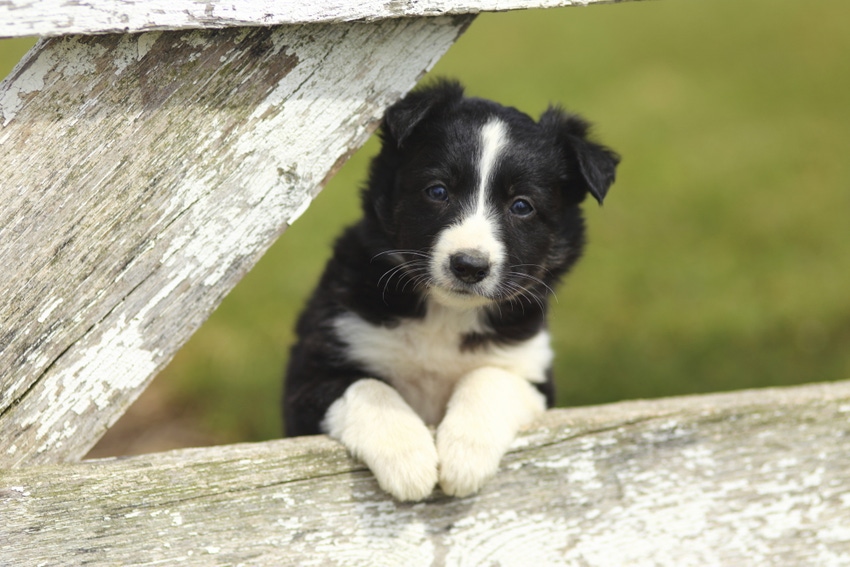Georgia, Florida and Tennessee have seen cases of same H3N2 viral strain identified in March 2015 outbreak in Chicago area.
June 19, 2017

Some southeastern states are seeing cases of canine influenza, and while there have been no reports in Alabama, the Auburn University College of Veterinary Medicine faculty want animal owners to be aware of symptoms of the disease and act quickly.
Georgia, Florida and Tennessee have seen cases of H3N2, the same viral strain identified in a March 2015 outbreak in the Chicago, Ill., area that makes dogs sick with fever, coughing, sneezing and other respiratory signs. Many of these dogs experienced decreased appetite, and some even progressed to secondary pneumonia.
"While we've not seen any cases or had reports (in Alabama), it is important for animal owners to be aware of symptoms, especially as they travel with their pets this summer," said Lenore Bacek, an assistant clinical professor in the emergency and critical care service of the Wilford & Kate Bailey Small Animal Teaching Hospital in Auburn, Ala.
"Canine influenza is highly contagious, and dogs seem to be able to spread it even before they are clinically ill," she warned.
Typical symptoms of canine influenza include: coughing, sneezing, fever, clear nasal discharge that progresses to thick, yellowish-green mucus, rapid or difficult breathing, loss of appetite and lethargy.
Dogs considered to be at highest risk are those that participate in social activities or encounter groups of other dogs. Boarding and grooming facilities, dog parks, dog shows and shelters are all potential venues for transmission.
The American Kennel Club (AKC) issued a statement to dog show exhibitors in the Southeast warning of reports of sick dogs at dog shows in Georgia and Florida. If a dog seems ill, the AKC recommends that it should not be exposed to other dogs and should see a veterinarian concerning the possibility of influenza.
The American Veterinary Medical Assn. offered a few tips for veterinarians and pet owners, including:
* Any dog showing signs of respiratory disease should see a veterinarian as soon as possible.
* Veterinarians with patients that may travel, especially into or out of Southeast, should consider offering a canine influenza vaccine.
* Any dog that resides in or has recently traveled to the Southeast should be closely observed for signs of respiratory disease.
* Any dog that becomes ill with canine influenza should be isolated for at least 21 days after the illness to limit the spread of the virus.
You May Also Like



